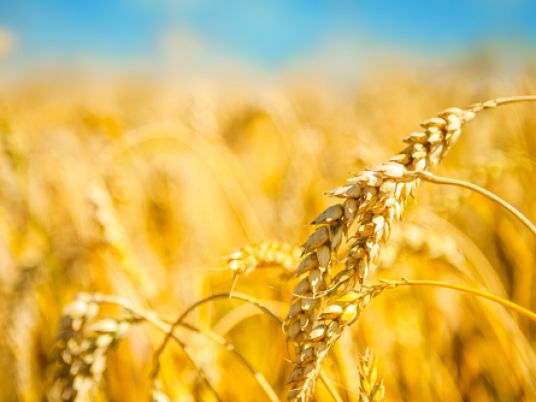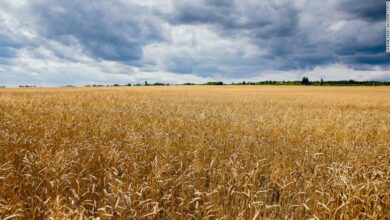
A UN Food and Agriculture Organization (FAO) expert will arrive in Cairo on Sunday to study the effect of ergot fungus found in wheat and help develop new policies to combat the threat it poses to the world's biggest wheat importer.
The FAO expert will participate in a workshop aimed at producing new legislation alongside a newly-formed committee tasked with assessing the dangers of ergot, the agriculture ministry said on Saturday.
The committee includes the head of the ministry's health and plant health committee Ali Suleiman, the new head of its quarantine authority Ahmed Imbaby, the head of the plant pathology research institute Ashraf Khalil, and the head of the food technology research institute Ihab Essawi.
Egypt's agriculture quarantine authority said on Tuesday it would continue to apply a zero ergot policy on wheat shipments until new legislation is issued, while the ministry said on Monday it would allow wheat imports with trace levels of ergot of up to 0.05 percent, a common international standard.
Former quarantine head Saad Moussa's zero tolerance policy on ergot had lead to some shipments being rejected. Moussa was replaced last week by Ahmed Imbabi.
Many traders, who say guaranteeing zero ergot is impossible, have declined in recent months to make offers in state wheat tenders, saying it was too costly to risk having their shipments turned away by the quarantine authority.
Disrupted wheat tenders have raised the possibility of a shortage of grain which could pose a political problem for President Abdel Fattah al-Sisi as the impoverished population relies on highly subsidized bread.



